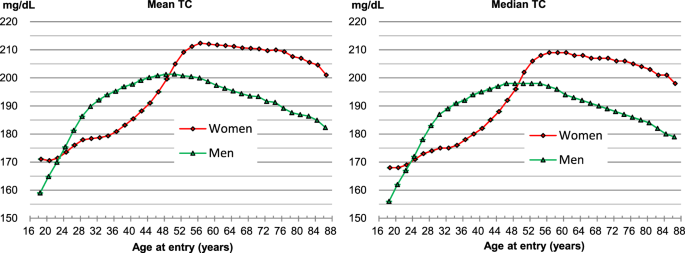ScottishLass21
Member
- Messages
- 9
- Type of diabetes
- Type 2
- Treatment type
- Diet only
Hi, this is my first post on this forum.
I had gestational diabetes when pregnant with my daughter who is now four. It was diet controlled throughout.
My annual tests were all fine until this year when my fasting BG came back at 8.9 a couple of weeks ago. I only got bloods taken for a HbA1c today so I won't have the results for around a week.
In the meantime I've taken up the Libre trial and have been wearing it for a few days now. My intention is to use this 2 week period to play around with different foods.
I've drastically changed my diet and switched to lower carb. I find this difficult as a vegetarian who can't stomach many substitutes (e.g. Quorn) I've managed to get my readings all between 4 and 9 with a few exceptions so was pretty happy until I read that a spike of more than 2 was an issue. I frequently jump from, for example, 5.5 pre food to 8.5 after. Do I need to cut back further? I'm honestly not sure how I can but if I need to I'll work it out.
My diet is now super high in fat which I'm reading here is fine but I'm worried about saturated fat levels specifically.
I'm also due to go on holiday to NYC in a couple of months and I'm so worried about managing my levels when there.
I just feel very confused and worried.
I had gestational diabetes when pregnant with my daughter who is now four. It was diet controlled throughout.
My annual tests were all fine until this year when my fasting BG came back at 8.9 a couple of weeks ago. I only got bloods taken for a HbA1c today so I won't have the results for around a week.
In the meantime I've taken up the Libre trial and have been wearing it for a few days now. My intention is to use this 2 week period to play around with different foods.
I've drastically changed my diet and switched to lower carb. I find this difficult as a vegetarian who can't stomach many substitutes (e.g. Quorn) I've managed to get my readings all between 4 and 9 with a few exceptions so was pretty happy until I read that a spike of more than 2 was an issue. I frequently jump from, for example, 5.5 pre food to 8.5 after. Do I need to cut back further? I'm honestly not sure how I can but if I need to I'll work it out.
My diet is now super high in fat which I'm reading here is fine but I'm worried about saturated fat levels specifically.
I'm also due to go on holiday to NYC in a couple of months and I'm so worried about managing my levels when there.
I just feel very confused and worried.




